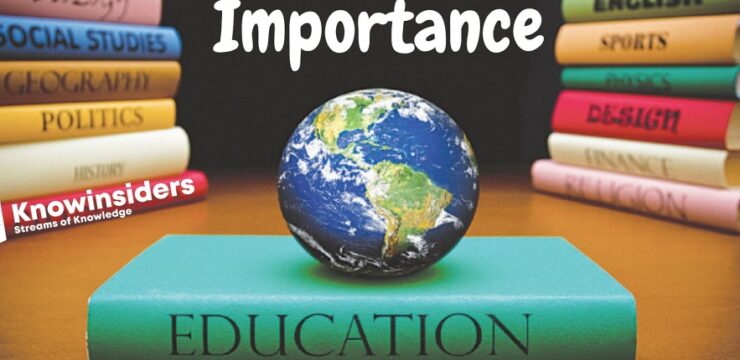Financial literacy—the ability to understand and apply financial skills such as budgeting, saving, investing, and managing credit—is no longer just a personal asset.
In today’s complex economic world, it’s a vital life skill that all students should learn before graduation.
Why Teach Financial Literacy Early?
- Builds Responsible Habits Early financial education helps students develop healthy money habits, such as saving a portion of their allowance or understanding the basics of delayed gratification.
- Prepares Students for Real-World Decisions Whether it’s deciding on student loans, understanding credit cards, or saving for college, financial literacy gives students the tools to make informed choices.
- Reduces Long-Term Financial Stress Adults who received financial education in school tend to report lower levels of financial stress, better credit scores, and higher savings rates.
Core Topics to Include in a Financial Literacy Curriculum
- Budgeting Basics: Understanding income, expenses, and how to track spending.
- Savings and Interest: How compound interest works and the value of starting early.
- Credit and Debt Management: How to use credit responsibly and avoid common pitfalls.
- Investing Fundamentals: An introduction to stocks, bonds, and retirement planning.
- Understanding Taxes: Basics of income tax, payroll deductions, and filing returns.
- Consumer Rights and Protection: Knowing how to spot fraud and protect personal information.
How Schools Can Integrate Financial Literacy
- ✅ Dedicated Courses: Offering personal finance as a standalone course for high school students.
- ✅ Cross-Curricular Integration: Embedding financial concepts into math, economics, or social studies classes.
- ✅ Interactive Tools: Using budgeting games, financial simulators, and real-life scenarios to teach money management.
- ✅ Community Partnerships: Inviting guest speakers from local banks or nonprofits to bring real-world experience into the classroom.
The Long-Term Impact on Society
Financially literate citizens contribute to a healthier economy.
They are more likely to:
- Avoid predatory lending
- Build wealth gradually
- Contribute to long-term economic stability
- Make informed voting and policy decisions related to economics
Final Thoughts
Teaching financial literacy in schools isn’t just a good idea—it’s essential. With the right curriculum and support, we can empower the next generation to make sound financial decisions that benefit not just individuals, but society as a whole.





